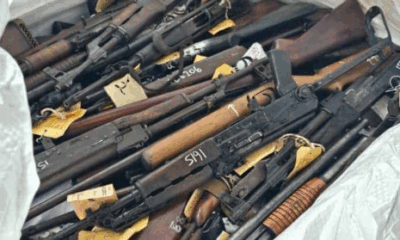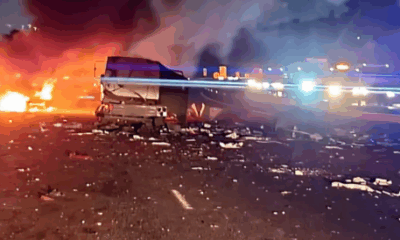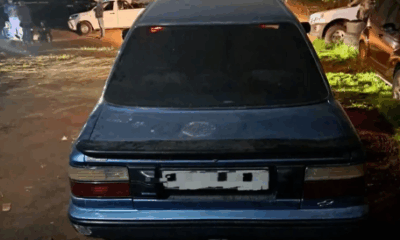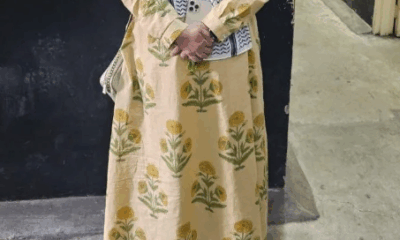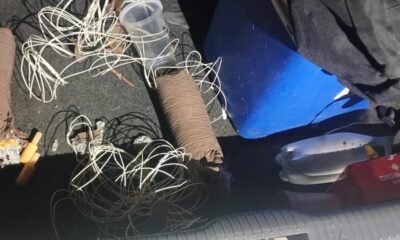411
Westbury’s Unspoken War: Why a Community Shields the Very Gangs That Bleed It
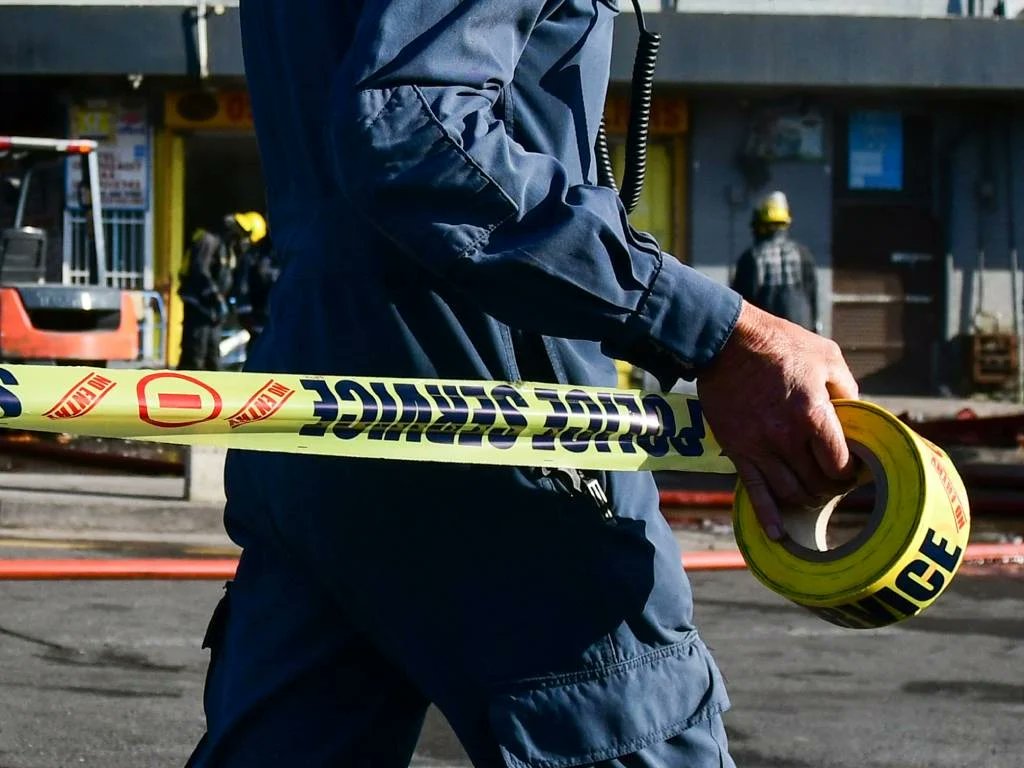
Caught between bullets and broken trust, one Johannesburg suburb reflects South Africa’s deeper crisis
In the heart of Johannesburg, Westbury wakes each day to a tension that sits thick in the air. For years, it’s been a community haunted by the rhythm of gunshots, the whisper of gang deals, and the cries of grieving mothers. But now, a question rises from the ruins of yet another shooting: Why do some residents protect the very gangsters who are tearing their community apart?
It’s a brutal irony. In a place where the police are expected to bring calm, they are sometimes chased out—not by gangsters, but by the very people they aim to protect. On paper, it seems unthinkable. But on the ground, the story is far more complicated—and far more human.
“We know who they are. And we say nothing.”
For anyone who’s lived in Westbury, the sight of mortuary vans has become too familiar. Death is no longer a distant event here; it’s part of daily life. Children walk to school past bloodstains on pavement. Grandmothers hear gunfire while cooking dinner. Yet silence often follows the violence—not out of apathy, but out of fear.
Locals will tell you quietly, sometimes anonymously, that they know who the gang leaders are. They’ve seen the deals, heard the threats. But speaking up? That could mean becoming the next headline—or the next funeral.
One resident, who asked not to be named, said, “I’ve lived here my whole life. If I open my mouth, who protects me? Not the police. Not the state. So I keep quiet.”
The broken bridge between community and police
Distrust of the South African Police Service (SAPS) runs deep. It’s not just about corruption—though that’s a well-known issue. It’s about absence, inconsistency, and sometimes, collusion. When police only appear after a shooting, or are accused of protecting one gang over another, communities turn inward. Some even turn to gangs for “protection”—a twisted form of order in a chaotic reality.
And when officers do show strength, like in recent raids, they’re sometimes met with stones, not support. “We don’t need them!” some yell—out of defiance, or perhaps out of pain from past betrayals.
It’s not just the police either. Local politics and power play a role. Rumours swirl of political figures backed by dirty money, their silence bought by druglords who run Westbury’s streets like kingdoms. When leadership fails, what hope is left for ordinary residents?
Gangster culture: Glamour hiding grief
Walk through Westbury and you’ll find teenagers idolising gangsters—not because they’re heartless, but because hope is scarce. To them, gangsters have the money, the power, the attention. In a world where unemployment is sky-high and education is under-resourced, crime becomes one of the few visible paths to “success.”
Social media hasn’t helped. Local gangsters flaunt cars, designer clothes, and firearms like trophies. Likes and followers become a digital extension of the street cred that dominates real life. And so, gangsterism is not just tolerated—it’s applauded, glamorised, and mimicked.
But this admiration comes at a price: a cycle of violence that consumes the very youth who dream of escaping poverty.
The silence that costs lives
There’s something heartbreakingly normal about the abnormal in Westbury. Children learn to hit the ground when they hear fireworks—just in case. Women carry the trauma of losing sons, nephews, and brothers to bullets meant for someone else. And amid it all, society expects these people to “speak out.”
But in a place where the cost of honesty can be death, silence isn’t cowardice. It’s survival.
Still, there are voices—brave ones—who continue to resist. Community activists, local pastors, reformed gang members. They speak in schools, they host vigils, they fight for rehabilitation programmes. But they are outnumbered, underfunded, and often unheard.
Rebuilding the dream
Westbury is not just a “problem area.” It is a place of families, of dreams, of laughter behind closed doors. It’s a community with deep roots, rich heritage, and incredible resilience.
But resilience isn’t enough when state institutions fail, when communities are left to govern themselves, and when young lives are wasted in street wars that started long before they were born.
To break the cycle, South Africa must face the uncomfortable truths: that gang violence is not just a policing issue, but a social one. That rebuilding trust takes more than promises—it takes presence, consistency, and compassion.
And most of all, that silence, though understandable, cannot be our only response.
Westbury is South Africa’s mirror—showing us what happens when neglect becomes normal, and violence becomes background noise. If we ignore it, we risk letting more communities slip into the same spiral.
But if we listen—truly listen—and act with both courage and care, maybe we can start rewriting this story.
Because no child should grow up learning how to dodge bullets on their way to school.
Violence Flares in Westbury: Masemola Calls on Community to Back Anti-Gang Police Unit
{Source: The Citizen}
Follow Joburg ETC on Facebook, Twitter , TikTok and Instagram
For more News in Johannesburg, visit joburgetc.com

